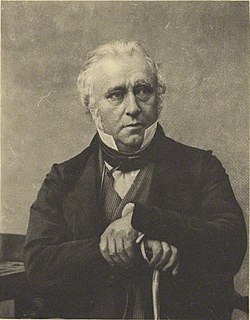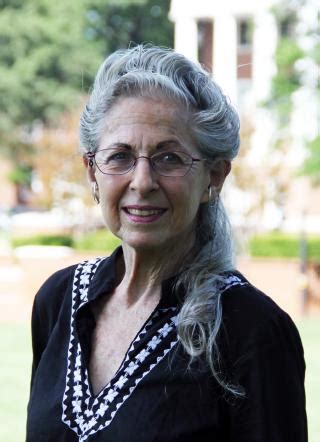A Quote by John McWhorter
The contribution of West African languages to Ebonics is absolutely infinitesimal. What it actually is is a very interesting hybrid of regional dialects of Great Britain that slaves in America were exposed to because they often worked alongside the indentured servants who spoke those dialects that we often learn about in school.
Related Quotes
Language is so specific to art, all the way to the past in China. Previously, people were not allowed to include various regional dialects in their films, but in every film that I've made, I've maintained the regional dialects of the characters because I wanted to make films that were locally specific.
Writing in African languages became a topic of discussion in conferences, in schools, in classrooms; the issue is always being raised - so it's no longer "in the closet," as it were. It's part of the discussion going on about the future of African literature. The same questions are there in Native American languages, they're there in native Canadian languages, they're there is some marginalized European languages, like say, Irish. So what I thought was just an African problem or issue is actually a global phenomenon about relationships of power between languages and cultures.





































